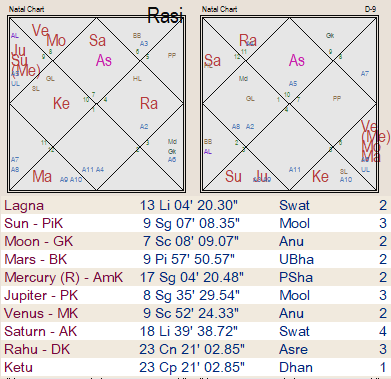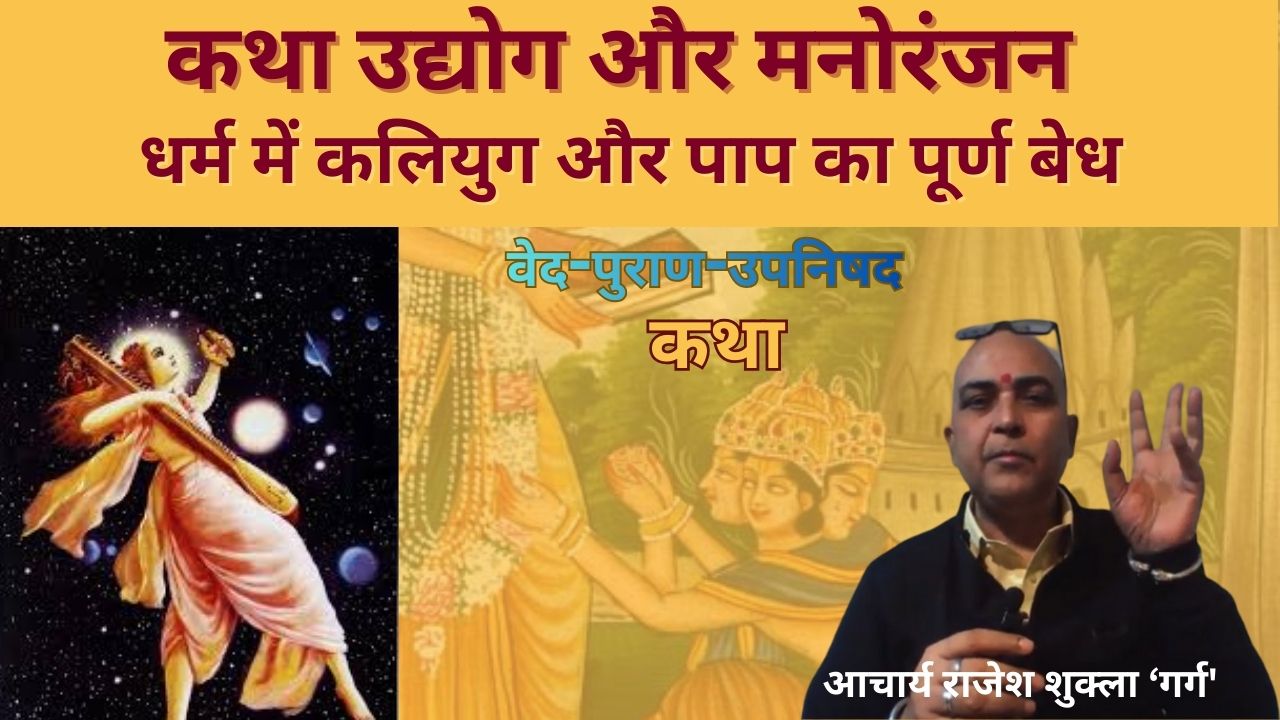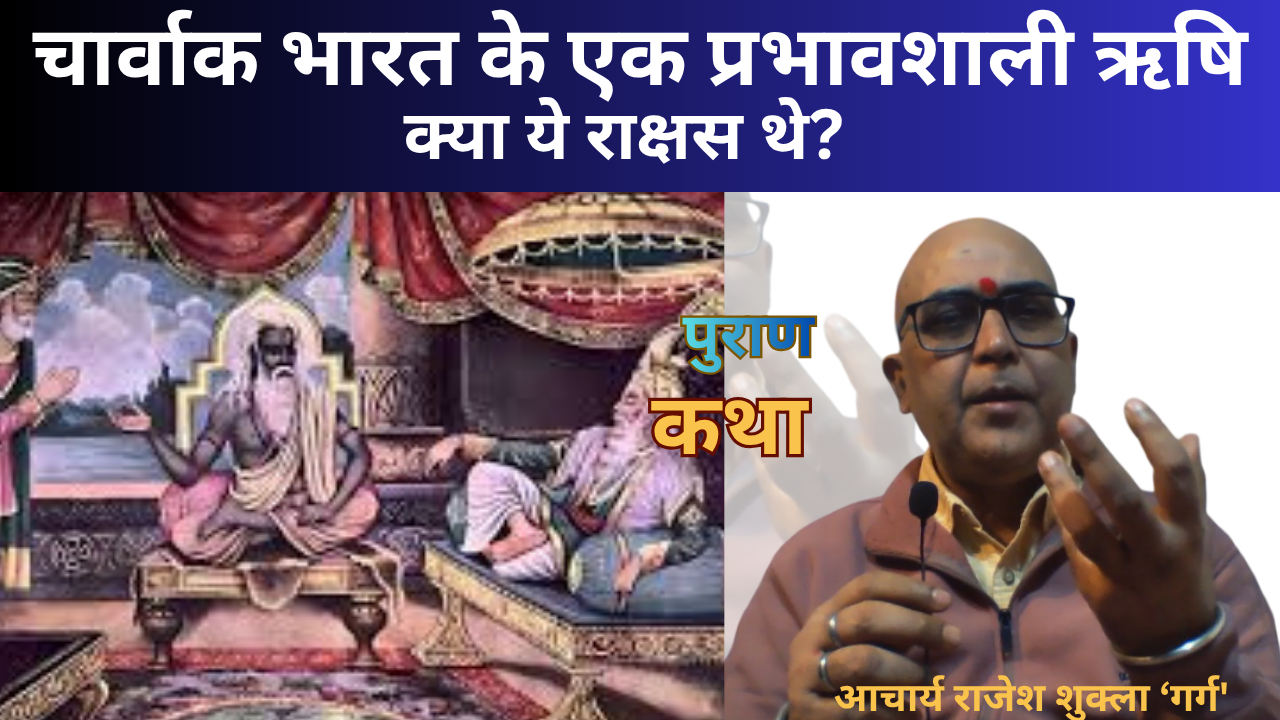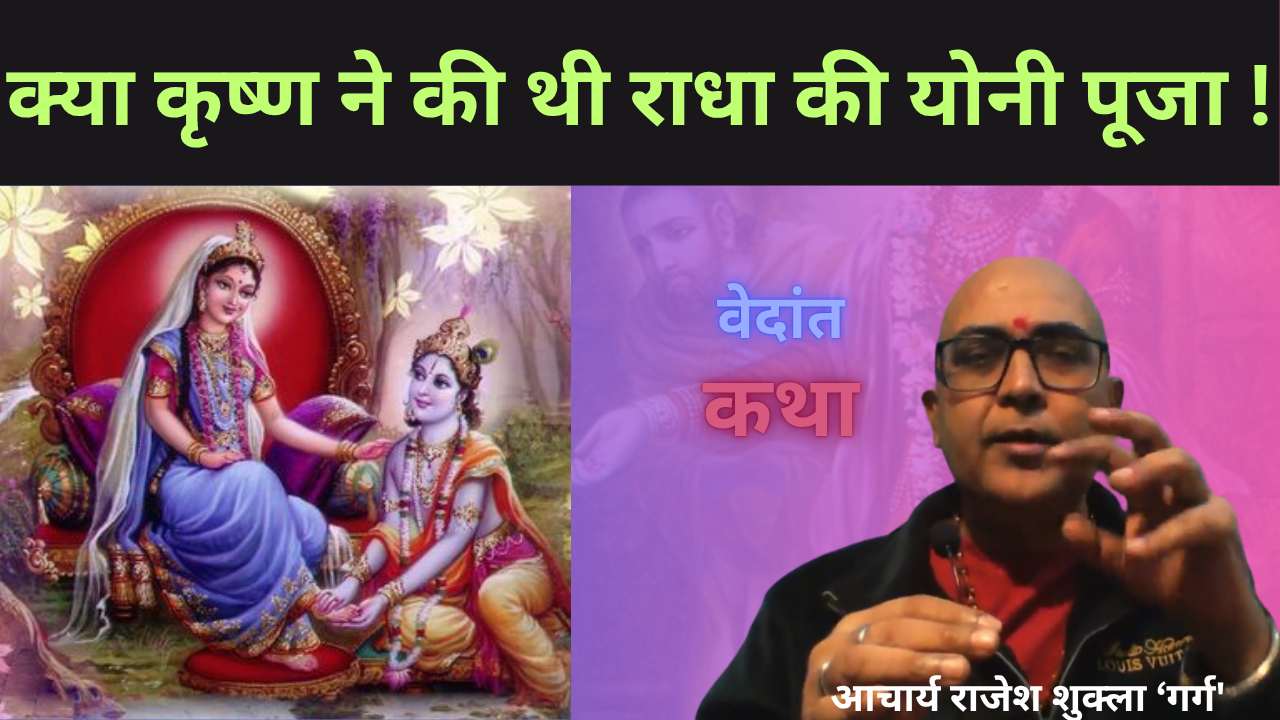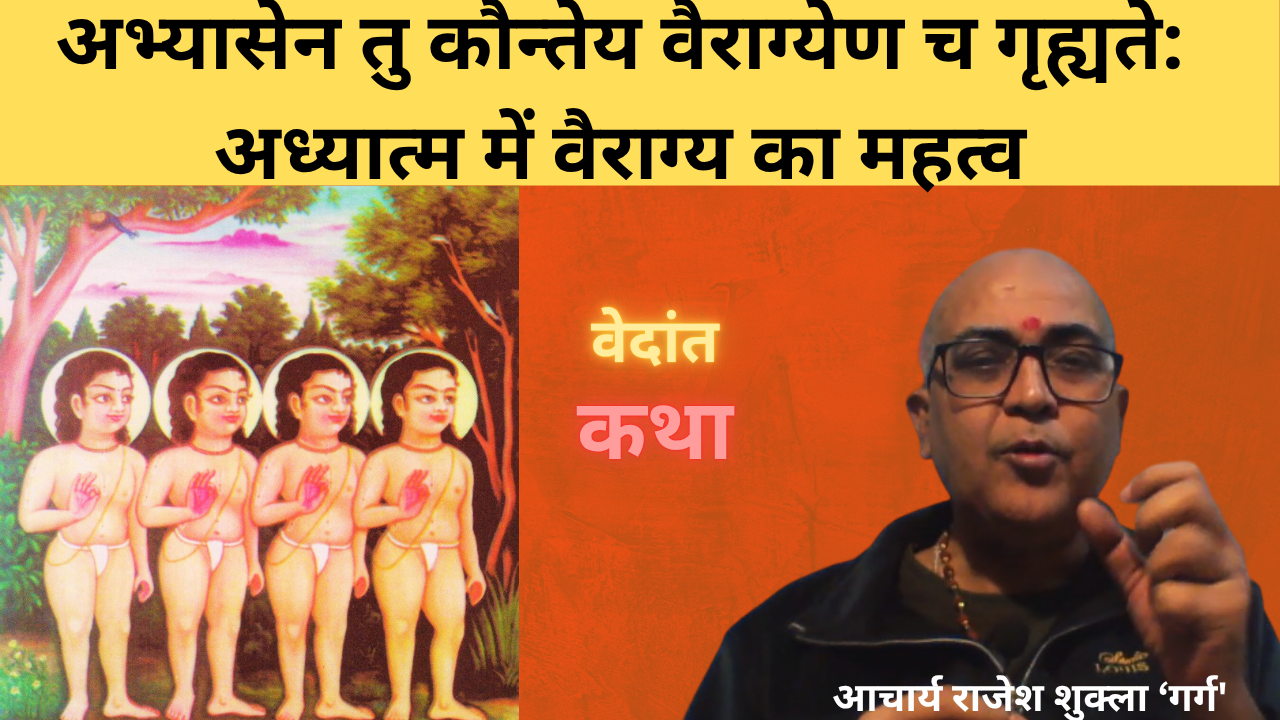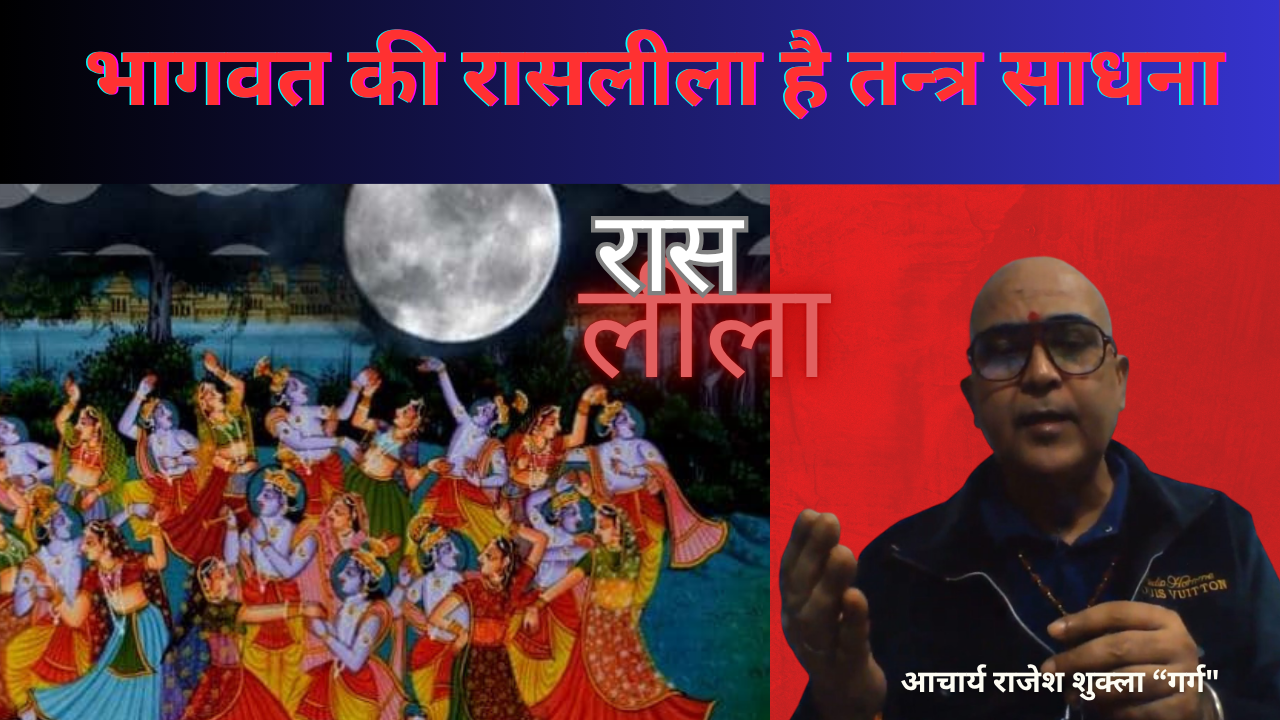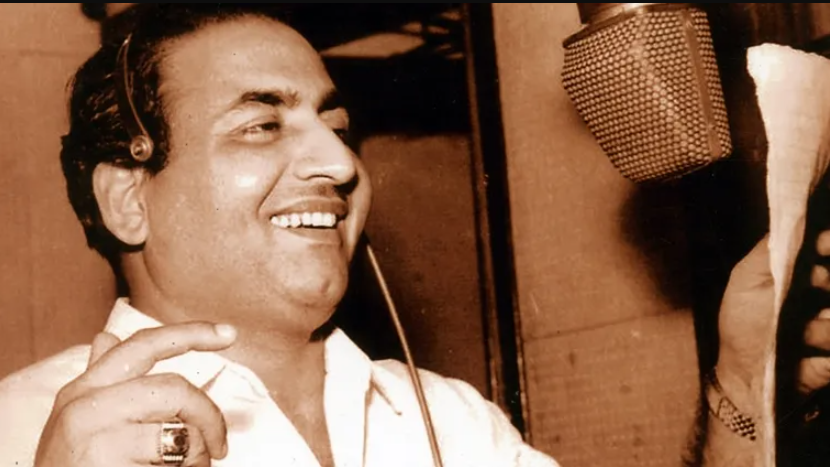
Mohammed Rafi (24 December 1924 – 31 July 1980) was an Indian playback singer and musician. He is considered to have been one of the greatest and most influential singers of the India. Mohammed Rafi was born to Allah Rakhi and Haji Ali Mohammad in a Punjabi Jat Muslim family. The family originally belonged to Kotla Sultan Singh, a village near present-day Majitha in Amritsar district of Punjab, India. Rafi nickname was Pheeko, he began singing by imitating the chants of a fakir who roamed the streets of his native village Kotla Sultan Singh. Rafi learnt classical music from Ustad Abdul Wahid Khan, Pandit Jiwan Lal Mattoo and Firoze Nizami. His first public performance came at the age of 13, when he sang in Lahore featuring K. L. Saigal. In 1941, Rafi made his debut in Lahore as a playback singer in the duet “Soniye Nee, Heeriye Nee” with Zeenat Begum in the Punjabi film Gul Baloch (released in 1944) under music director Shyam Sunder. In that same year, Rafi was invited by All India Radio Lahore station to sing for them. He made his Hindi film debut in Gaon Ki Gori in 1945.
Rafi was notable for his versatility and range of voice; his songs varied from fast peppy numbers to patriotic songs, sad numbers to highly romantic songs, qawwalis to ghazals and bhajans to classical songs. He was known for his ability to mould his voice to the persona and style of the actor lip-syncing the song on screen in the movie.[8] He received six Filmfare Awards and one National Film Award. In 1967, he was honored with the Padma Shri award by the Government of India.
Bollywood playback career –
Rafi moved to Bombay in 1944. He and Hameed Sahab rented a ten-by-ten-feet room in the crowded downtown Bhendi Bazar area. Poet Tanvir Naqvi introduced him to film producers including Abdur Rashid Kardar, Mehboob Khan and actor-director Nazeer. Shyam Sunder was in Bombay and provided the opportunity to Rafi to sing a duet with G. M. Durrani, “Aji dil ho kaabu mein to dildar ki aisi taisi…,” for Gaon Ki Gori, which became Rafi’s first recorded song in a Hindi film. Other songs followed.
Rafi’s first song with Naushad was “Hindustan Ke Hum Hain” with Shyam Kumar, Alauddin and others, from A. R. Kardar’s Pehle Aap (1944). Around the same time, Rafi recorded another song for the 1945 film Gaon Ki Gori, “Aji Dil Ho Kaaboo Mein”. He considered this song to be his first Hindi song.
Rafi appeared in two movies. He appeared on the screen for the songs “Tera Jalwa Jis Ne Dekha” in film Laila Majnu(1945) and “Woh Apni Yaad Dilane Ko” in the Film Jugnu (1947). He sang a number of songs for Naushad as part of the chorus, including “Mere Sapnon Ki Rani, Roohi Roohi” with K. L. Saigal, from the film Shahjahan (1946). Rafi sang “Tera Khilona Toota Balak” from Mehboob Khan’s Anmol Ghadi (1946) and a duet with Noor Jehan in the 1947 film Jugnu, “Yahan Badla Wafa Ka”. After partition, Rafi decided to stay back in India and had the rest of his family flown to Bombay. Noor Jehan migrated to Pakistan and made a pair with playback singer Ahmed Rushdi.
In 1949, Rafi was given solo songs by music directors such as Naushad (Chandni Raat, Dillagi and Dulari), Shyam Sunder (Bazaar) and Husnalal Bhagatram (Meena Bazaar).
Besides K. L. Saigal, whom he considered his favorite, Rafi was also influenced by G. M. Durrani. In the early phase of his career, he often followed Durrani’s style of singing, but later evolved his own, unique style. He sang with Durrani in some of the songs such as “Humko Hanste Dekh Zamana Jalta Hai” and “Khabar Kisi Ko Nahiin, Woh Kidhar Dekhte” (Beqasoor, 1950).
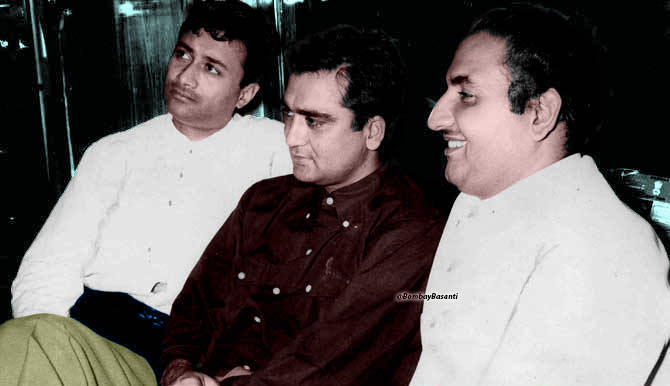
In 1948, after the assassination of Mahatma Gandhi, the team of Husanlal Bhagatram-Rajendra Krishan-Rafi had overnight created the song “Suno Suno Ae Duniyawalon, Bapuji Ki Amar Kahani”. He was invited by the Indian Prime Minister, Jawaharlal Nehru, to sing at his house. In 1948, Rafi received a silver medal from Jawaharlal Nehru on Indian Independence Day.
Year 1950s and 1960s –
In his early career, Rafi associated with many contemporary music directors, most notably Naushad Ali. In the late 1950s and 1960s, he worked with other composers of the era such as O. P. Nayyar, Shankar Jaikishan, S.D. Burman and Roshan.
Rafi’s first song for Naushad Ali was “Hindustan Ke Hum Hain” (“We belong to Hindustan”) for the film Pehle Aap in 1944. The first song for the duo was the soundtrack of the movie Anmol Ghadi (1946). Rafi’s association with Naushad helped the former establish himself as one of the most prominent playback singers in Hindi cinema. His classic songs from Baiju Bawra (1952) like “O duniya ke rakhwale” and “Man tarpat hari darshan ko aaj” furthered Rafi’s credentials. Rafi ended up singing a total of 149 songs (81 of them solo) for Naushad. Rafi worked with Burman in 37 films, including Pyaasa (1957), Kaagaz Ke Phool (1959), Kala Bazar (1960), Nau Do Gyarah (1957), Kala Pani (1958), Tere Ghar Ke Saamne (1963), Guide (1965), Aradhana (1969), Ishq Par Zor Nahin (1970) and Abhimaan (1973).
Rafi got his first Filmfare Award for the title song of Chaudhvin Ka Chand (1960), composed by Ravi. He received the National Award for the song “Baabul Ki Duaen Leti Jaa” from the film Neel Kamal (1968), also composed by Ravi. Rafi wept during the recording of this song, which he admitted in a 1977 interview with the BBC. Ravi and Rafi produced several other songs in the films China Town (1962), Kaajal (1965), Do Badan (1966) and Ek Phool Do Maali (1969).
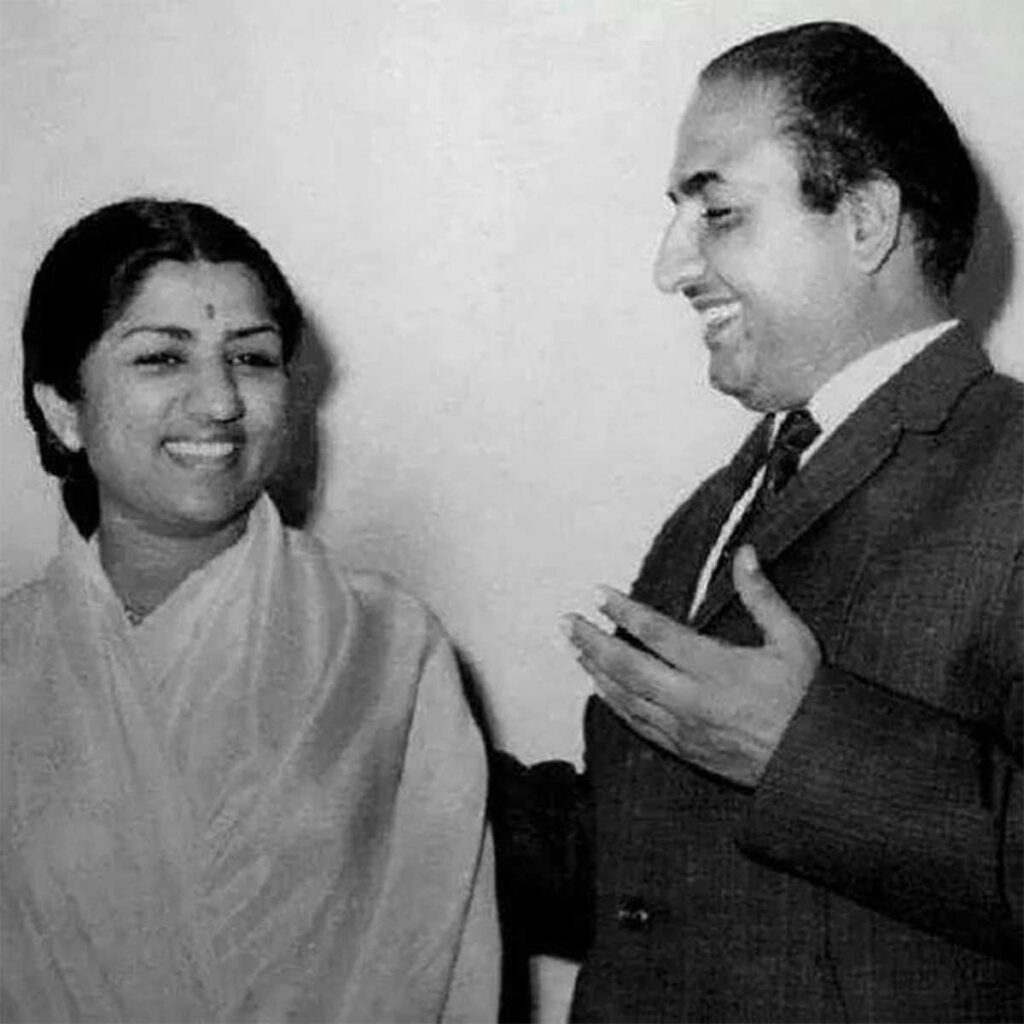
Work with O. P. Nayyar
Rafi and O. P. Nayyar (OP) created greatest songs in the 1950s and 1960s. O. P. Nayyar was once quoted as saying “If there had been no Mohammed Rafi, there would have been no O. P. Nayyar”. He and Rafi created many songs together including “Yeh Hai Bombay Meri Jaan”. He got Rafi to sing for singer-actor Kishore Kumar – “Man Mora Baawara” for the movie Raagini. Later, Rafi sang for Kishore Kumar in movies such as Baaghi, Shehzaada and Shararat. O. P. Nayyar used Rafi and Asha Bhosle for most of his songs.
The team created many songs in the early 1950s and 1960s for movies such as Naya Daur (1957), Tumsa Nahin Dekha (1957), Ek Musafir Ek Hasina (1962) and Kashmir Ki Kali (1964). Rafi sang a total of 197 numbers (56 solo) for Nayyar. The songs “Jawaaniyan yeh mast mast” and the title song “Yun to humne lakh hansee dekhe hain, tumsa nahin dekha” of the film Tumsa Nahin Dekha were great hits. They were followed by songs like “Yeh Chand Sa Roshan Chehera” from Kashmir ki Kali.
Work with Laxmikant-Pyarelal
The composer duo Laxmikant–Pyarelal (L-P) patronized Rafi as one of their singers, right from their very first song by him from the film Parasmani (1963). Rafi and L-P won the Filmfare Award for the song “Chaahoonga Mein Tujhe Saanjh Suvere” from Dosti (1964). Rafi rendered the highest number of songs for this music director duo Laxmikant-Pyarelal, as compared to all the music directors.
Work with Kalyanji Anandji-
Kalyanji Anandji composed around 170 songs in the voice of Rafi. Kalyanji’s relationship with Rafi started with the 1958 film, Samrat Chandragupta, his debut film as a solo composer. Kalyani-Anandji and Rafi went on to work together for the music of the Shashi Kapoor-starrer Haseena Maan Jayegi (1968), which featured songs like “Bekhudi Mein Sanam” and “Chale The Saath Milke”.
Work with contemporary singers
Rafi associated with several of his contemporaries, singing duets with them and sometimes for them (as in case of Kishore Kumar who was also an actor). Rafi sang the highest number of duets with Asha Bhosle (female), Manna Dey (male) and Lata Mangeshkar (female).
In the song “Humko Tumse Ho Gaya Hai Pyaar” (Amar Akbar Anthony), Rafi sang one song with Kishore Kumar, Lata Mangeshkar, and Mukesh, the most legendary singers in Bollywood. This was probably the only time that all of them rendered their voices for one song.
Rafi sang frequently for all music directors during his lifetime, including C. Ramchandra ,Roshan, Jaidev, Khayyam, Rajesh Roshan, Ravindra Jain, Bappi Lahiri, Sapan Jagmohan,T.V.Raju,S.Hanumantha Rao etc. He had a special and major association with Usha Khanna, Sonik Omi, Chitragupta, S.N. Tripathi, N. Datta and R.D. Burman. He also sang for many small time and lesser-known music directors. Many for whom he sang for free while making their compositions immortal; he selflessly believed in financially assisting producers and helping small-time projects who could not afford much. Many in the industry received regular financial help from Rafi.
In the 1970s, Rafi suffered from a throat infection for an extended period of time. During a brief period then, he recorded relatively fewer songs. Although his musical output was relatively low during this period, he did sing some of his best numbers then. In the early ’70s, Rafi suffered a major setback, when Kishore Kumar emerged as the main Bollywood playback singer, with Aradhana.
Some of Rafi’s hit songs of the early 1970s were with music directors: Laxmikant–Pyarelal, Madan Mohan, R. D. Burman and S. D. Burman. These include “Tum Mujhe Yun Bhula Naa Paoge” (a signature song of 1971), from Pagla Kahin Ka; “Yeh Duniya Yeh Mehfil” from Heer Ranjha (1970); “Kaan Mein Jhumka” from Sawan Bhadon; “Jhilmil Sitaron Ka” from Jeevan Mrityu (1970); “Gulabi Aankhen” from The Train (1970); “Yun Hi Tum Mujhse Baat” from Sachaa Jhutha; “Yeh Jo Chilmun Hei” and “Itna To Yaad Hei Mujhe” from Mehboob Ki Mehndi (1971); “Mera Man Tera Pyaasa” from Gambler; “Chadhti Jawani” and “Kitna Pyara Vada” from Caravan (1971); “Chalo Dildaar Chalo” from Pakeezah (1972); “Chura Liya Hai Tumne” from Yaadon Ki Baaraat (1973); “Na Tu Zumeen Ke Liye” from Dilip Kumar’s movie Dastaan (1972); “Tum Jo Mil Gaye Ho” from Hanste Zakhm (1973); “Tere Bindiya Re”, from Abhimaan (1973) and “Aaj Mausam Bada Beimaan Hai” from Loafer (1973).
Rafi made a comeback as a leading singer in mid 1970s. In 1974 he won the Film World magazine Best Singer Award for the song “Teri Galiyon Mein Na Rakhenge Kadam Aaj Ke Baad” (Hawas, 1974) composed by Usha Khanna. In 1976, Rafi sang all the songs for Rishi Kapoor in the hit film Laila Majnu.[39] Rafi went on to sing many more songs for Rishi Kapoor in the subsequent hit films, including Hum Kisise Kum Naheen (1977) and Amar Akbar Anthony (1977). In 1977, he won both Filmfare Award and the National Award for the song “Kya Hua Tera Wada” from the movie Hum Kisise Kum Naheen, composed by R. D. Burman. He was nominated as the best singer at the Filmfare Awards for the qawwali “Parda Hai Parda” from Amar Akbar Anthony (1977).
Rafi sang for many successful films in the late 1970s and the early 1980s many of whose hit songs were dominating the charts in the late 70s on radio programs such as Vividh Bharati, Binaca Geetmala and Radio Ceylon. Some of these include Pratiggya (1975), Bairaag (1976), Amaanat (1977), Dharam Veer (1977), Apnapan (1977), Ganga Ki Saugand (1978), Suhaag (1979), Sargam (1979), Qurbani (1980), Dostana (1980), Karz (1980), The Burning Train (1980), Abdullah (1980), Shaan (1980), Aasha (1980), Aap To Aise Na The (1980), Naseeb (1981) and Zamaane Ko Dikhana Hai (1981). In 1978, Rafi gave a performance at the Royal Albert Hall and in 1980 he performed at the Wembley conference center. From 1970 until his death he toured around the world extensively giving concert performances to packed halls.
In December 1979, Rafi recorded six songs for the Hindi remake of Dilip Sen’s Bengali superhit Sorry Madam; the film was never completed due to a personal tragedy in Dilip Sen’s life. These songs, written by Kafeel Aazar and composed by Chitragupta, were released digitally in December 2009 by the label Silk Road under the title “The Last Songs”
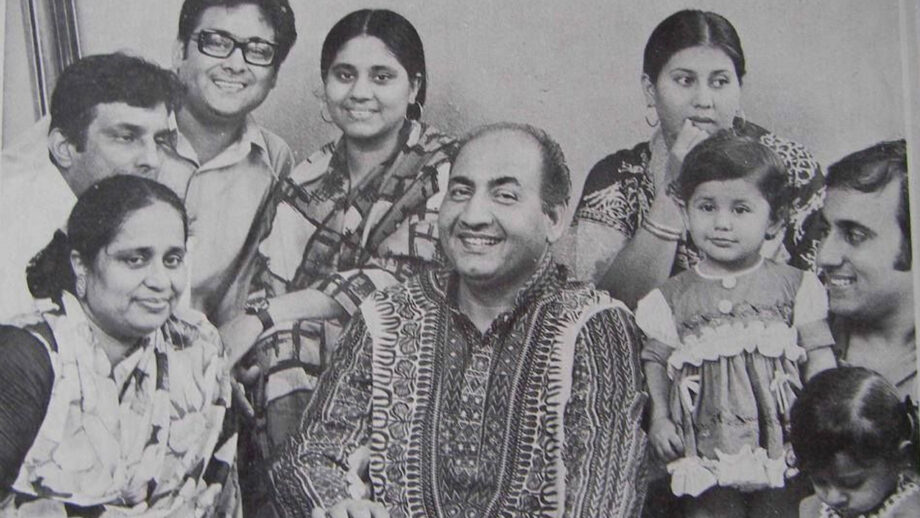
Personal life –
Rafi married twice; his first marriage was to his cousin, Bashira Bibi, which took place in his ancestral village. The marriage ended when his first wife refused to live in India following the killing of her parents during the riots of the Partition of India and moved to Lahore, Pakistan. His second marriage was to Bilquis Bano. Rafi had four sons and three daughters; his first son, Saeed, was from his first marriage. Rafi’s hobbies included playing badminton, carrom, and flying kites. He was a teetotaller and abstained from smoking and he stayed away from parties in the industry
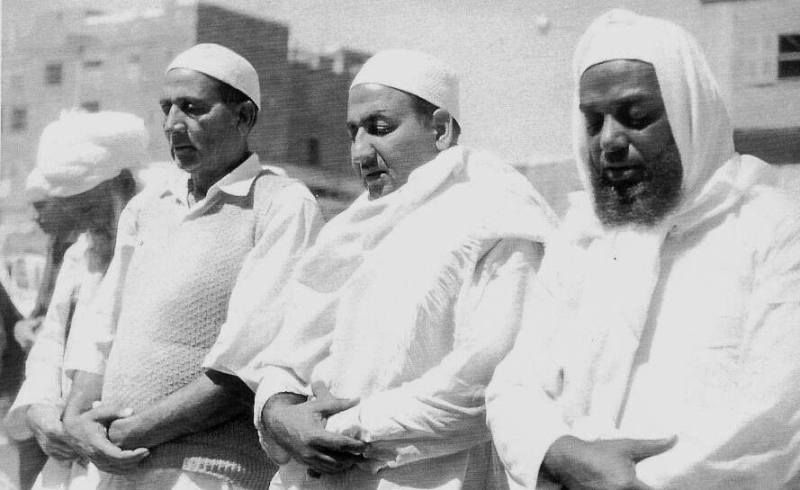
Death-
Mohammed Rafi died at 10:25 pm on July 31, 1980, following a massive heart attack, aged 55. Rafi was buried at the Juhu Muslim cemetery and his burial was one of the largest funeral processions in India as over 10,000 people attended his burial. The government of India announced a two-day public mourning in his honor.
Birth Chart of Mohammed Rafi-
